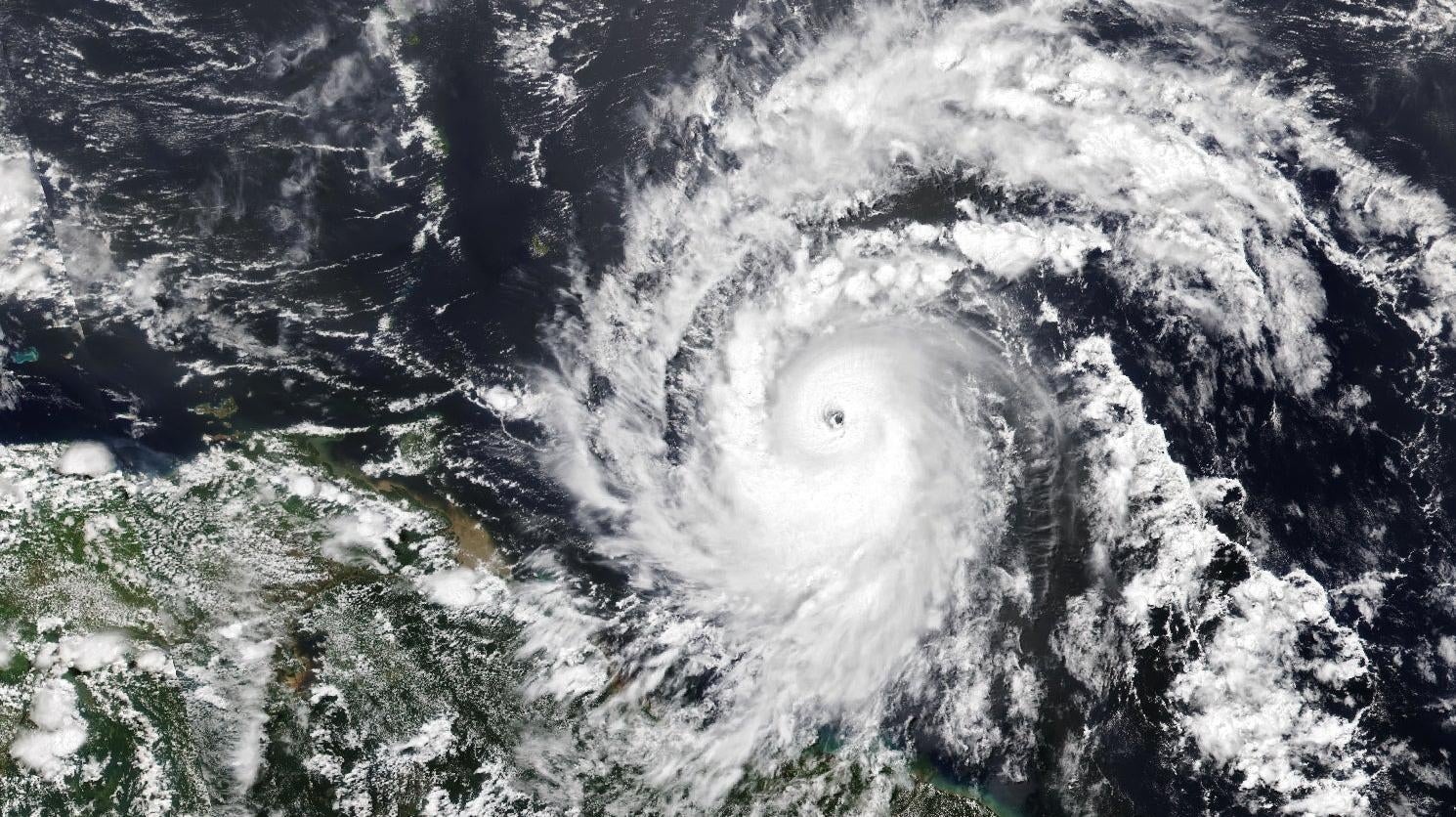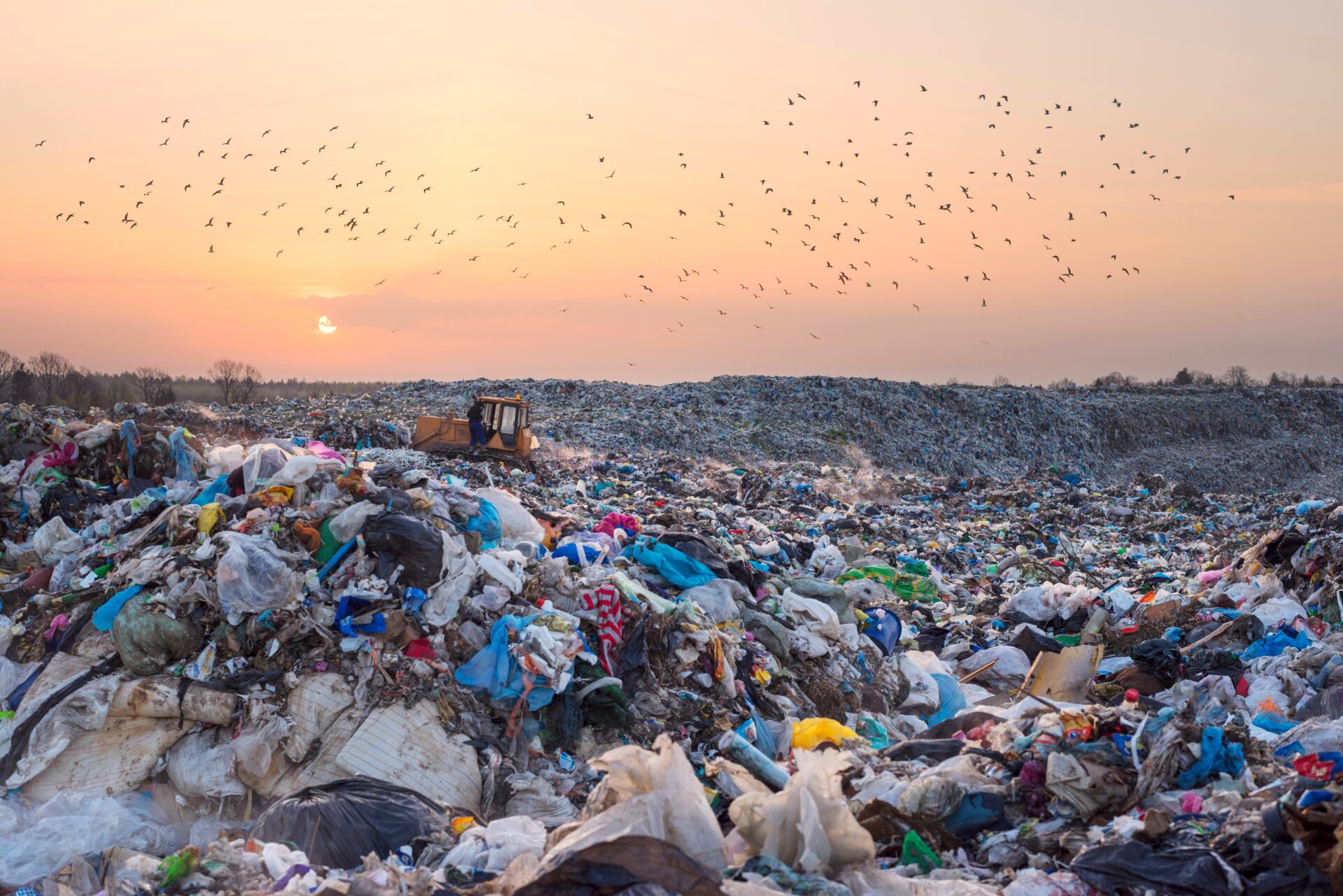GLASGOW, SCOTLAND — The biggest presence at the United Nations climate talks this year appears to be people in the pocket of Big Oil. A report released Monday finds that more than 500 lobbyists and others with ties to the fossil fuel industry are participating in the UN talks, either as members of trade industry organizations or as part of country delegations.
There are thousands of delegates in Scotland registered to participate in the UN talks, which enter a critical phase this week as they work to hammer out a resolution. In order to figure out which delegates may have dirty allegiances, Global Witness and partners Corporate Accountability, Corporate Europe Observatory, and Glasgow Calls Out Polluters combed over attendee lists for the two-week conference. They noted those who registered as directly affiliated with fossil fuel companies—including Shell, Gazprom, and BP—as well as people who came as part of trade organizations that are explicitly aligned with the industry. In total, at least 503 people with ties to the industry have worked their way inside the talks, some as part of 27 official country delegations, including the official delegations of Canada, Russia, and Brazil.
That number may not seem like a lot, considering that there are tens of thousands of people here. But put into context, it’s pretty staggering. In total, the report found, the fossil fuel industry has twice as many lobbyists as the Indigenous constituency—a group most adversely hurt by fossil fuel extraction—at the talks. The fossil fuel contingent is so large that it’s actually larger than the sum total of the eight delegations from the countries most affected by climate change: Puerto Rico, Myanmar, Haiti, Philippines, Mozambique, Bahamas, Bangladesh, and Pakistan.
Last year, the British government announced that fossil fuel producers were banned from applying as financial sponsors. But oil and gas companies kept trying: documents show that BP, Shell, and Equinor met dozens of times with UK ministers in the run-up to Glasgow.
“We were told that we were not welcome,” Shell CEO and personal roast attendee Ben van Beurden said during an earnings call last month.
But it appears fossil fuel companies have found a backdoor in nonetheless. It’s one thing to ban BP from showing off its logo in the COP exhibit hall, but it’s quite another for the UK government to overlook letting them into the talks themselves, where actual policy is decided—and where the fate of vulnerable countries depends on getting the world off their product.
“If we’re serious about raising ambition, then fossil fuel lobbyists should be shut out of the talks and out of our national capitals,” Pascoe Sabido, researcher and campaigner for Corporate Europe Observatory, said in a statement. “Instead, it is governments and communities from countries most affected by climate change that are finding themselves shut out, despite the UK claiming it has ensured an in-person and inclusive climate summit. Clearly that ambition only stretches as far as the fossil fuel industry. We need fossil-free politics.”














